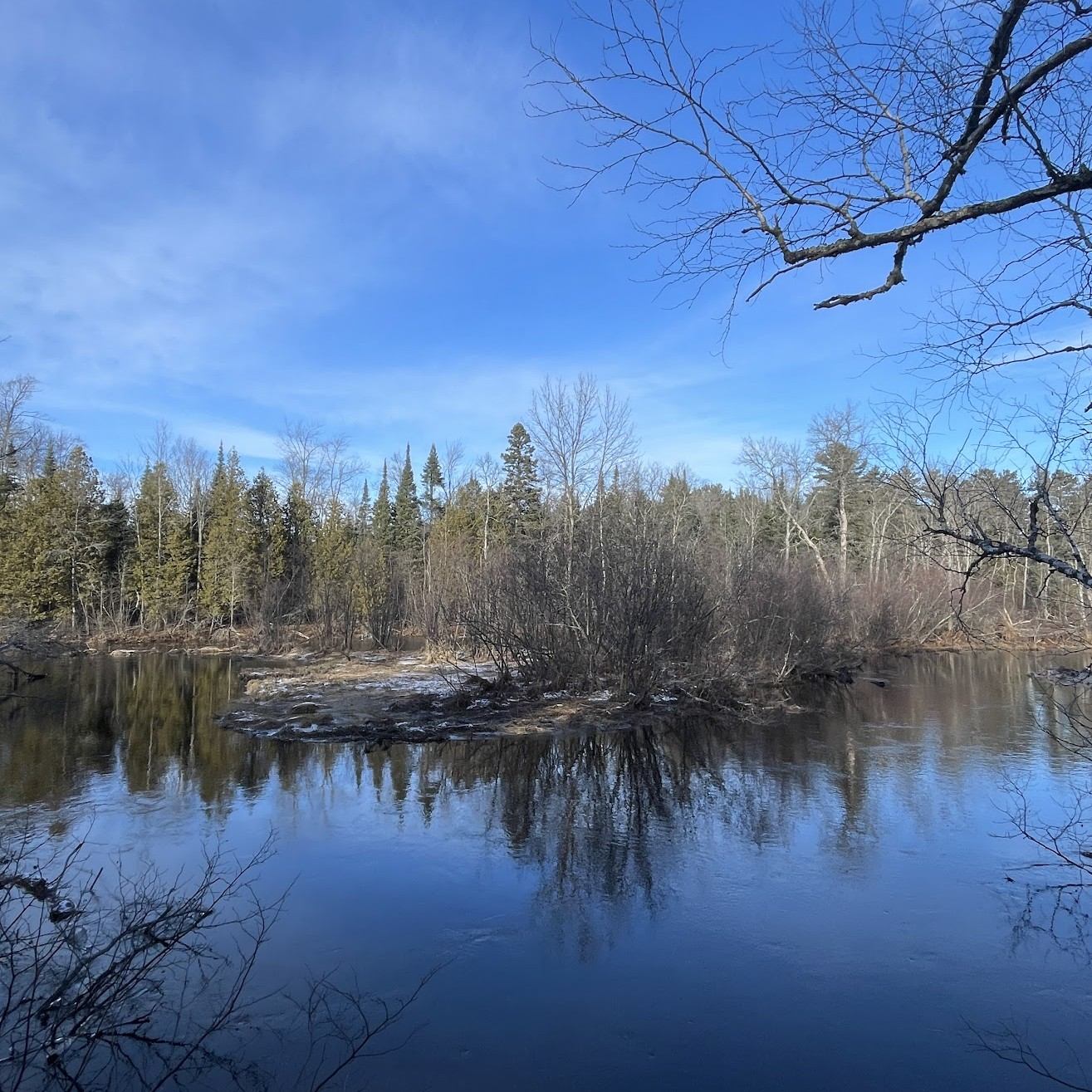Our Practices
Big Creek Farms is an extension of our deeply held ideals and philosophies, and we strive to make decisions on the farm according to our core belief that we are in a reciprocal relationship with nature and with our community at large. It is a privilege to cultivate this land to provide for ourselves and others, and we honor it with a commitment to the following:
How we farm
We use regenerative practices that prioritize a robust soil biology with a focus on sustainable, ecological methods that are harmonious with nature. Compost, wood chip mulch, cover cropping, crop rotation, interplanting are all part of our repertoire. With a focus on soil biology and fertility, the goal is to produce plants with higher natural resistance to disease and pests. We also employ the use of row covers to protect from insect damage.
Low Till
We are students of the no-till method and it is our hope that eventually, we can retire the use of tillage. At this time, we are still in the process of converting uncultivated land into growing beds, and our backs appreciate the help of an initial tilling to break up the sod and begin the process of developing rich and fertile fields that will require reduced or no tilling later on.
Are you certified Organic?
Due to being a new & small farm, the fees and costs associated with official certification are prohibitive to us at this time. However, we do not use any synthetic pesticides or fertilizers, and we use organic and non-GMO seeds.
People Over Profit
We are an authorized grower for the Michigan WIC Produce Connection program and can also accept SNAP, Double Up Food Bucks, Food as Medicine, and Senior Project Fresh from customers at the Downtown Marquette Farmers Market. If you cannot utilize these food assistance programs or afford our regular prices, we'll work with you to ensure you have access to fresh, local food from our fields. Please shoot us an email if you want to discuss a sliding scale, barter, or trade.
Land Stewardship
Anishinaabe Aking, the lands of the Anishinaabe Three Fires Confederacy of Ojibway, Odawa, and Potawatomi, stretch across and beyond the Great Lakes Region, including Marquette, Michigan. This area has been home to Indigenous peoples since the retreat of the glaciers after the last ice age. Between the mouth of the Chocolay River and Presque Isle, there were at least 6 villages. We honor their enduring connection to this territory and express our gratitude for their contributions to the land we now steward.
